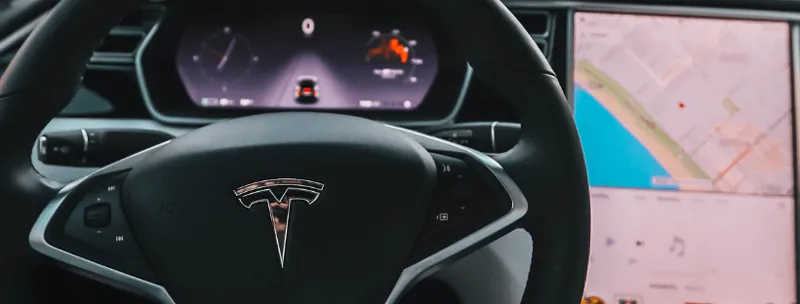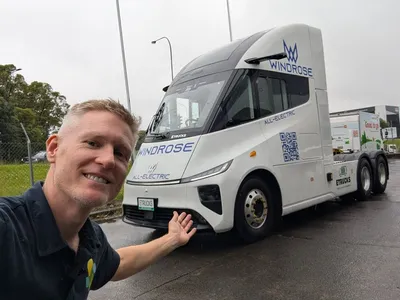Barriers (and potential solutions) to adoption of electric vehicles in New Zealand
03/03/2019

Here in New Zealand, we’re proud to have one of the highest rates of renewable energy sources in the world. That makes us a great candidate for the wide-scale adoption of electric vehicles. With an increasing selection of EVs now available on the market, and a significant financial benefit to running electric over petrol, what’s stopping New Zealanders from making the switch?
We explore a few of the current barriers, and how they might be overcome.
Heavy fleet vehicles need other solutions
As the current technology stands, electric vehicles are the best solution for heavy fleets, although inroads are being made on start-stop vehicles like buses and rubbish trucks, and there is research currently being done into the feasibility of electrifying long-haul trucks. As a farming nation, New Zealand uses a lot of heavy vehicles, and until this area can be switched to EV technology, we’ll always struggle with adoption.
Possible solutions: government and private sector funding aimed at research and innovation in the area of electrifying fleet vehicles.
High cost of initial purchase
Generally speaking, New Zealand is a nation of second-hand car owners. This is a good thing, because it means we’re extending the life of vehicles and helping to keep some of the scrap and battery chemicals out of landfill. But because there aren’t that many people with electric vehicles right now, there are very few available on the second-hand market. When tasked with buying a brand new electric vehicle – even one with a lower-end price tag – and a secondhand car, most kiwi families will opt for the massive savings they’ll get from the latter.
Possible solutions: This is an issue that will resolve itself as more people adopt electric vehicles, therefore more become available on the used-car market. Government could also consider subsidies for purchasing or using electric vehicles to help offset the cost.
Lack of supporting infrastructure
Currently, electric vehicle charging largely happens overnight in the garage at home, and the most popular vehicles have a range of around 120 kms on a full charge. There are many areas of New Zealand (especially in the south island) where 120km will not get you where you need to go.
This leads people to believe that if they do a lot of longer-distance travel outside their area that an elective vehicle isn’t a good choice for them.
Education and infrastructure improvements: Actually, New Zealand has a pretty decent network of rapid charging stations – provided you know where to look.
You can use the ChargeNet website to see maps and find the nearest rapid DC charging stations. These stations allow you to recharge in 10-30 minutes.
The more we spread the word that the infrastructure is already available, and encourage businesses to install rapid charging stations, the faster electric vehicles will be adopted. New Zealanders are slowly coming around to the benefits of electric vehicles, and every years sees more of us hitting the roads in EVs. Find out more about your electric vehicle options with our buyers guide.







